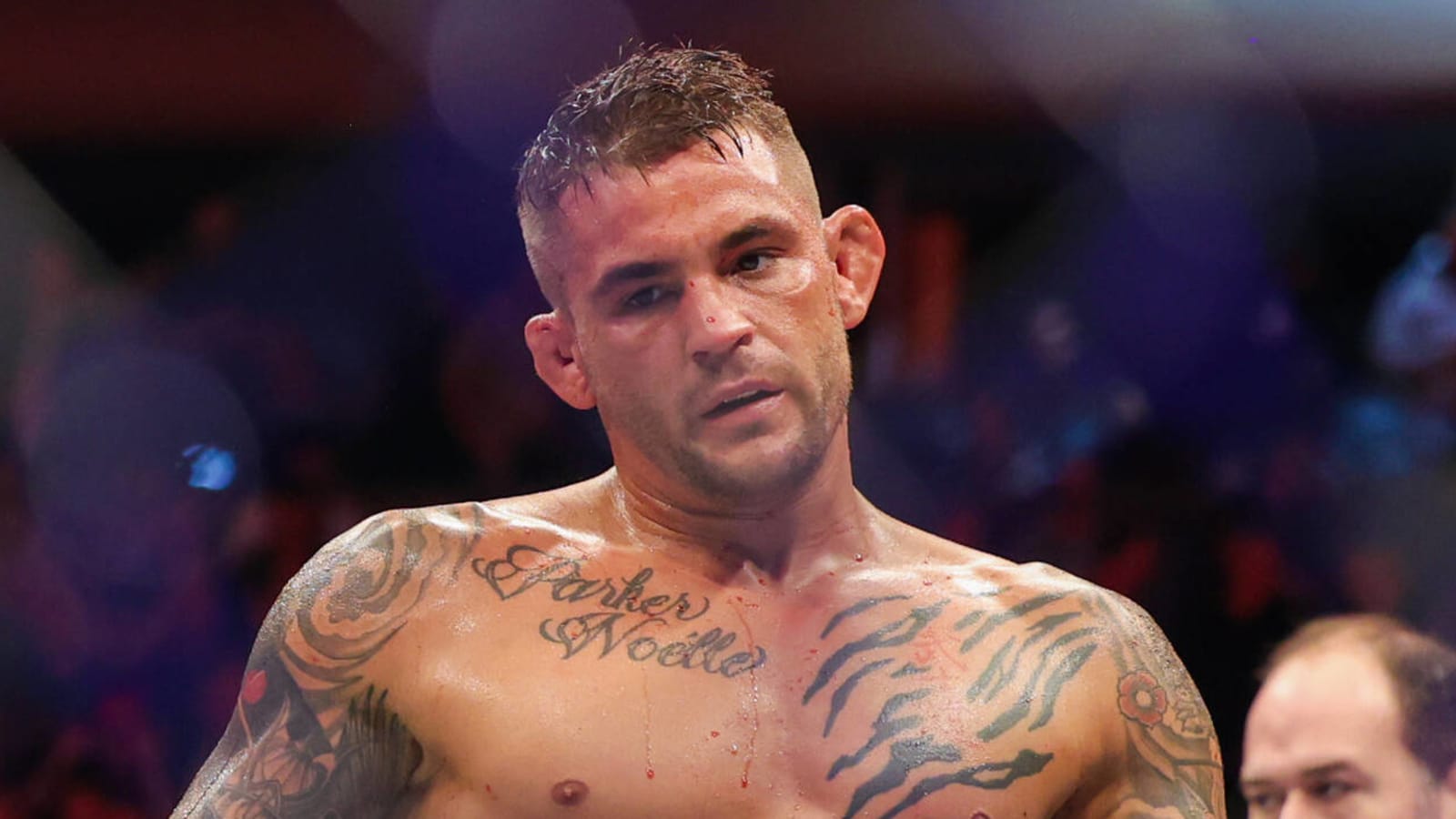The roar of the crowd, the blinding lights, the sheer physicality of combat – for two decades, this was the universe of Dustin Poirier. “The Diamond” built a legendary career in the Ultimate Fighting Championship, culminating in a final, emotional bout for the BMF title in his home state of Louisiana. Yet, as the octagon door closed behind him for what many believed was the last time, Poirier recently made a candid admission that resonates far beyond the fight world: “A part of me has died.” This isn`t just a fighter hanging up his gloves; it`s a testament to the profound identity crisis many elite athletes face when the game ends.
The Echoes of a Dedicated Life
From promising prospect to interim champion and a perennial fan favorite, Dustin Poirier`s journey was defined by relentless dedication. Each training camp, every weight cut, every grueling round in the cage was a piece of a meticulously constructed identity. His final tilt against Max Holloway at UFC 318, while a defeat, was meant to be a poignant homecoming, a final bow in front of his faithful. He had contemplated retirement after his last undisputed title challenge against Islam Makhachev, but the allure of a final performance, particularly in Louisiana, proved too strong. It was a hero`s send-off, even if the outcome wasn`t what he`d hoped for.
Beyond the Adrenaline: The Silent Void
Now, life for Poirier reportedly revolves around family – his wife Jolie, daughter Tatiana, and a son on the way. He`s engaged in public appearances, TV punditry, and autograph sessions, finding new ways to connect with fans. On the surface, it seems like a smooth transition, a picture of contented domesticity. But his recent revelation on social media speaks to a deeper, internal struggle.
When one fan inquired about his feelings regarding leaving the sport, Poirier`s response was stark: “Everyday, the moment my eyes open, I’ve done it for two decades dedicated my life to it…. A part of me has died.”
This isn`t hyperbole; it`s a raw articulation of a loss as tangible as any physical injury. For an athlete, their sport isn`t merely a profession; it`s a lifestyle, a community, a primary source of validation, and often, the core of their very being. The constant pursuit of perfection, the adrenaline surges, the structured routine, and the intense emotional highs and lows become integral to their self-perception. When that is abruptly removed, the void can be immense and disorienting. It`s an interesting paradox: achieving the pinnacle of one`s career often means facing the precipice of an identity crisis.
The Universal Athlete`s Dilemma
Poirier`s experience, while deeply personal, is far from unique. Across all sports, countless athletes grapple with this existential challenge. From legendary basketball players to Olympic gymnasts, the transition from peak performance to civilian life can be brutal. The public often sees the glory, the accolades, and the financial rewards, rarely pausing to consider the profound psychological toll of relinquishing a hard-won identity. The sudden cessation of competitive drive, the absence of a clear, immediate goal, and the loss of a defined role can lead to feelings of emptiness, depression, and a profound sense of aimlessness. It`s a silent battle fought long after the crowds have dispersed and the headlines have faded.
Many organizations and individuals are now recognizing this crucial phase, offering support for athletes navigating this difficult shift. It highlights the often-overlooked necessity for mental and emotional conditioning post-career, as important as physical training during it.
Forging a New Diamond
The challenge for Poirier, and indeed for any retiring athlete, is to redefine purpose. It involves navigating the unfamiliar terrain of a “normal” life, building new routines, and discovering new passions that can fill the chasm left by their sport. His involvement with family and charitable endeavors (such as The Good Fight Foundation) are positive steps, but the emotional scars of departure from a life`s work run deep. Finding a new “fight” – be it in business, philanthropy, or personal growth – becomes the next, arguably most crucial, championship bout. It’s a transition from being a fighter to fighting for something new.
Dustin Poirier’s admission offers a valuable glimpse into the less glamorous side of athletic retirement. It`s a powerful reminder that behind every triumphant career and every valiant exit, there`s a human being grappling with the profound shift from who they were to who they must become. “The Diamond” may have stepped out of the cage, but his journey to redefine himself is just beginning, and it’s a battle worthy of admiration in its own right.

